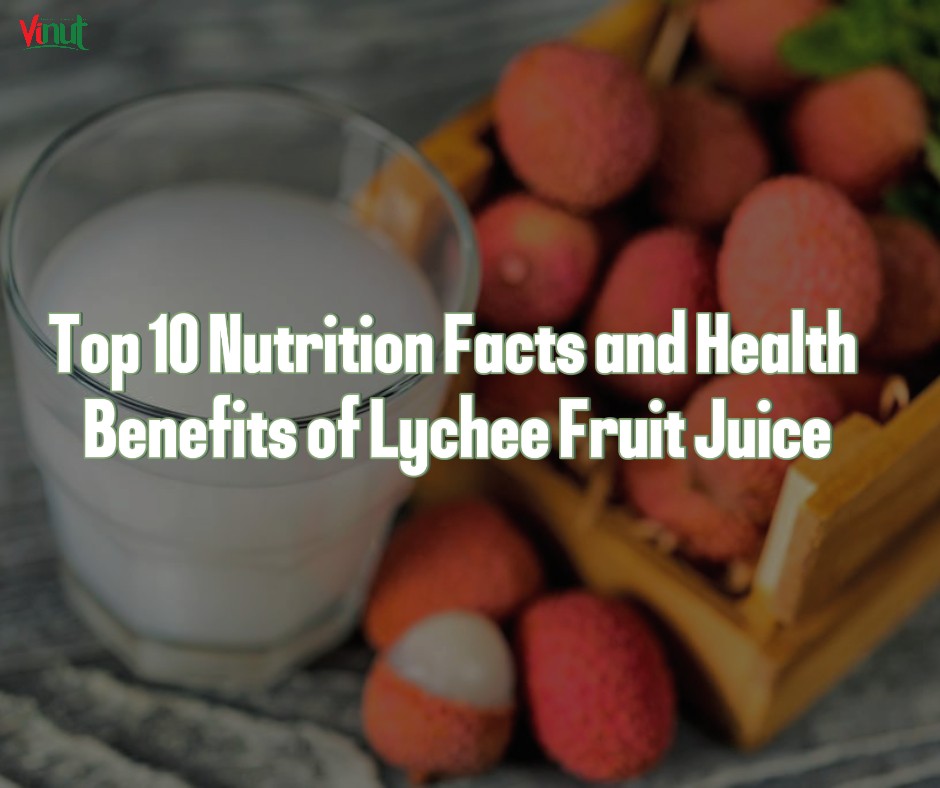
News
Top 10 Nutritional Composition of Mangosteen Fruit
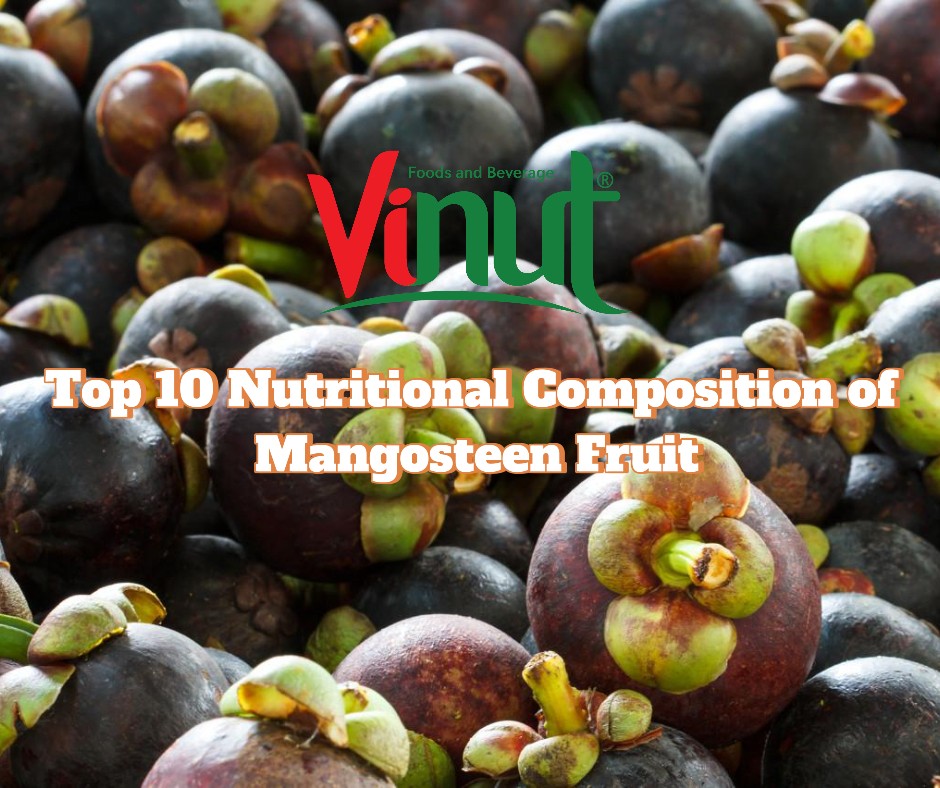
Mangosteen, often hailed as the “queen of fruits,” is not only delicious but also packs a nutritional punch. Let’s delve into the top 10 nutritional components of mangosteen fruit:
Introduction to Mangosteen Fruit
Mangosteen (Garcinia mangostana) is a tropical fruit native to Southeast Asia, known for its sweet and tangy flavor and deep purple rind. Despite its small size, mangosteen is loaded with essential nutrients that contribute to overall health and well-being.

Nutritional Profile of Mangosteen
Calories
Mangosteen is relatively low in calories, making it a guilt-free indulgence. With approximately 70 calories per 100 grams of fruit, mangosteen can be enjoyed as a satisfying snack without worrying about excess calorie intake.
Carbohydrates
Rich in carbohydrates, mangosteen provides about 18 grams per 100 grams of fruit. These carbohydrates mainly come from natural sugars like glucose, fructose, and sucrose, providing a quick source of energy for the body.
Dietary Fiber
Mangosteen is a good source of dietary fiber, offering around 5 grams per 100 grams of fruit. Fiber is essential for digestive health as it promotes regular bowel movements, prevents constipation, and helps maintain a healthy weight by promoting satiety.
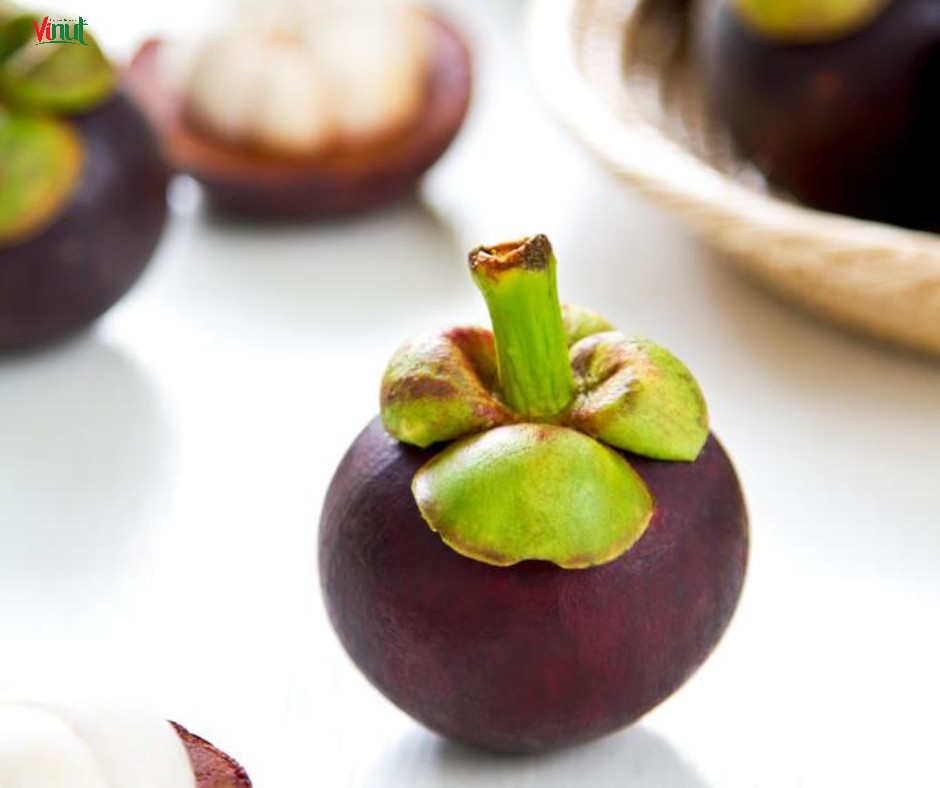
Vitamin C
One of the standout nutritional components of mangosteen is its high vitamin C content. This potent antioxidant plays a crucial role in supporting the immune system, promoting collagen synthesis for healthy skin, and protecting cells from damage caused by free radicals.
Vitamin B6
Mangosteen contains vitamin B6, which is involved in various metabolic processes in the body, including energy production, neurotransmitter synthesis, and immune function. Including mangosteen in your diet can help ensure adequate intake of this essential vitamin.
Vitamin B9 (Folate)
Folate, or vitamin B9, found in mangosteen, is vital for DNA synthesis, cell division, and red blood cell formation. Adequate folate intake is particularly important during pregnancy to prevent neural tube defects in the developing fetus.
Potassium
Mangosteen is a good source of potassium, an electrolyte that helps regulate fluid balance, muscle contractions, and nerve function. Consuming mangosteen regularly can contribute to maintaining healthy blood pressure levels and overall cardiovascular health.
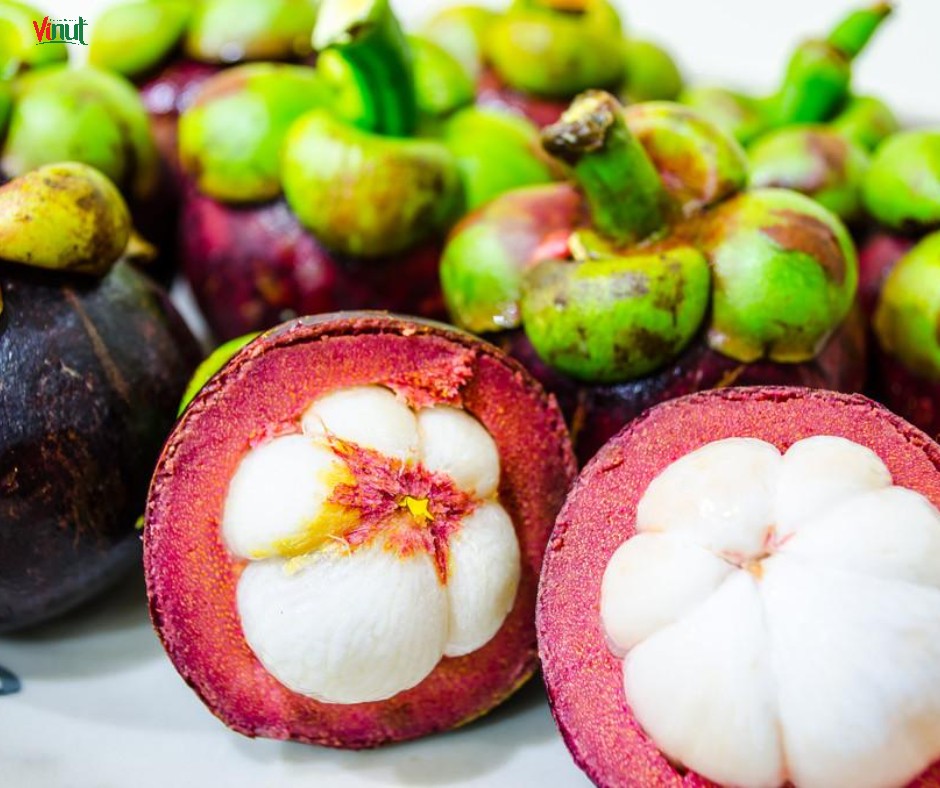
Magnesium
Magnesium, another essential mineral found in mangosteen, plays a role in over 300 biochemical reactions in the body. It supports bone health, muscle function, nerve transmission, and energy metabolism, making it an indispensable nutrient for overall well-being.
Antioxidants
Mangosteen is rich in antioxidants, including xanthones, flavonoids, and tannins, which help neutralize free radicals and reduce oxidative stress in the body. These antioxidants have anti-inflammatory, anti-cancer, and anti-aging properties, contributing to overall health and longevity.
Phytonutrients
In addition to vitamins and minerals, mangosteen contains various phytonutrients that contribute to its health benefits. These bioactive compounds have been linked to reduced inflammation, improved heart health, and enhanced immune function, making mangosteen a valuable addition to a healthy diet.
Health Benefits of Mangosteen
Incorporating mangosteen into your diet can offer a multitude of health benefits, including:
- Boosting immune function
- Supporting digestive health
- Promoting heart health
- Enhancing skin health
- Reducing inflammation
- Supporting weight management
- Improving cognitive function
- Providing antioxidant protection
- Supporting bone health
- Enhancing overall well-being
Incorporating Mangosteen Into Your Diet
Mangosteen can be enjoyed fresh as a delicious snack or added to fruit salads, smoothies, desserts, and savory dishes for a burst of flavor and nutrition. Look for ripe mangosteens with deep purple rinds and store them at room temperature until ripe, then refrigerate for extended freshness.
Potential Side Effects of Mangosteen
While mangosteen offers numerous health benefits, it may cause allergic reactions in some individuals, particularly those with latex allergies. Additionally, consuming excessive amounts of mangosteen may lead to digestive discomfort, including bloating, gas, and diarrhea, due to its high fiber content. It’s essential to consume mangosteen in moderation as part of a balanced diet to avoid any adverse effects.
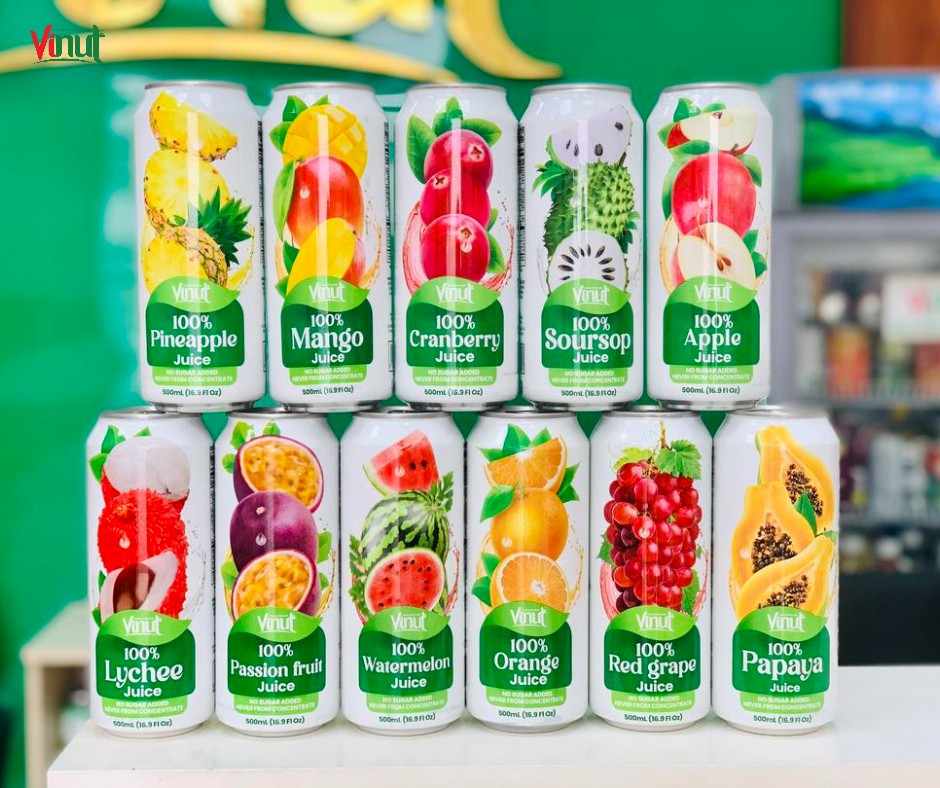
Conclusion
Mangosteen fruit is not only a delicious tropical treat but also a nutritional powerhouse packed with essential vitamins, minerals, antioxidants, and phytonutrients. Including mangosteen in your diet can provide a range of health benefits, from supporting immune function to promoting heart health and enhancing overall well-being. With its unique flavor and impressive nutritional profile, mangosteen is undoubtedly a fruit worth adding to your shopping list.
FAQs
- Can I eat mangosteen seeds?
- While mangosteen seeds are edible, they are bitter and not typically consumed. It’s best to discard the seeds and enjoy the juicy flesh of the fruit.
- Is mangosteen safe to eat during pregnancy?
- Yes, mangosteen is safe to eat during pregnancy as part of a balanced diet. However, pregnant women should consume it in moderation and ensure it is properly washed and prepared to reduce the risk of foodborne illnesses.
- Can mangosteen help with weight loss?
- Mangosteen is relatively low in calories and rich in dietary fiber, making it a satisfying snack that can support weight loss efforts when included as part of a balanced diet and healthy lifestyle.
- Are there any contraindications for consuming mangosteen?
- Individuals with latex allergies may be sensitive to mangosteen, as it contains compounds similar to those found in latex. Additionally, individuals taking certain medications or with underlying health conditions should consult with a healthcare professional before consuming mangosteen supplements.
- How should I select and store mangosteen?
- Choose mangosteens with deep purple rinds that yield slightly to gentle pressure. Store ripe mangosteens at room temperature for a few days or refrigerate for longer freshness. Avoid storing mangosteens near strong-smelling foods, as they can absorb odors.









